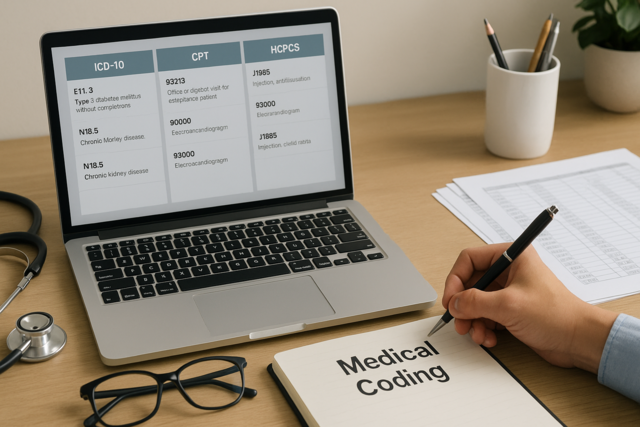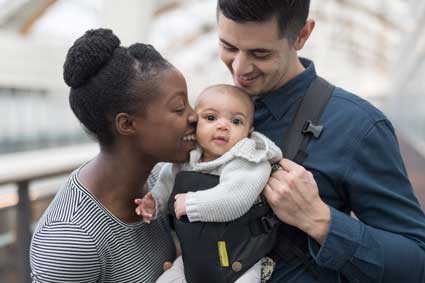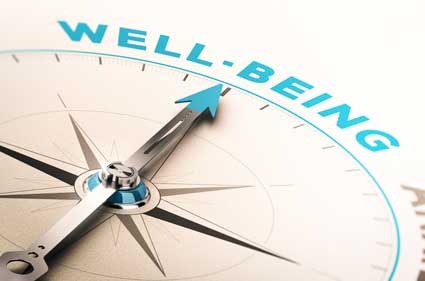A great number of people don't realize they have even had a concussion, which has led to concussions being greatly under-diagnosed in young adults, children, and older individuals. How can you know, however, if this applies to you or a loved one? It is necessary to be able to identify the signs and symptoms brought on by concussions, so that you can take the appropriate steps towards ensuring the safety of yourself and your friends or family after a head injury. Whether you are a bystander, a coach for a contact sport, a medical professional, or the injured person yourself, it is in everybody's best interest for you to be aware of what constitutes a concussion. It is necessary that the injured person seeks the care and rest they need to recover fully, so that they don't risk further brain damage with a second injury.
Initial Signs
If you have just witnessed somebody get hit in the head or experience a sudden jolt, and you're concerned that they might have a concussion, there are a few ways you can look for signs. A person experiencing a concussion will typically have a moment of fogginess, however short or long that lasts. They may experience a gap in memory, where they aren't quite sure what happened after the initial impact. Although losing consciousness completely is uncommon for a concussion, most often the injured person will feel as though they were not entirely present the whole time. This is due to a state of temporary amnesia rather than actual loss of consciousness. Don't rely solely on whether or not they lose consciousness to determine whether there has been a concussion, as this factor on its own is not conclusive enough.
What you can try after somebody experiences a head injury is asking them to remember something simple that you tell them. After they seem to be more mentally present, perhaps a few minutes later, ask them what it is that you wanted them to remember. If a concussion has happened, they may have difficulty remembering, slowness in providing the answer, or simply not remember at all. If they are able to repeat back to you what you said previously, don't dismiss the idea of a concussion just yet. This is just one simple test to see if they are having difficulty with memory, as evidence of temporary amnesia points to the occurrence of a concussion.
The symptoms of a concussion affect the injured person in behavioral ways rather than through visible injuries, so there are no outward physical signs you can look for on an injured person with a concussion. Instead, look to their behavior to give signs of a concussion. Apart from the temporary loss of memory, they may also show difficulty concentrating or clearly formulating sentences, or they may have an uncharacteristic mood change. Seek medical attention for the injured person immediately if any of these signs are evident, to take the right steps towards healing. The injured individual might realize that they are acting strange or that their speech is not coming out clear, so it could be up to the bystanders to recognize this sign of a concussion.
Common Symptoms
The symptoms that a person might experience with a concussion extend beyond just what is evident to a bystander, and can affect the injured person in many different ways. Here are some of the most common symptoms that indicate a concussion, including all of the ones that may or may not be evident to others:
-
Memory loss � As mentioned above, a concussion could lead to problems with memory. The injured person might be unable to recall what happened in moments leading up to the injury, which would be retrograde amnesia, or they may be unable to recall the moments after the injury, which is anterograde amnesia. These types of memory loss should improve within the following hours.
-
Slow reaction times � This could be evidenced in delayed time answering questions, or responding to instructions.
-
Vision troubles � This could be double vision, in which they report seeing double of everything, or they might experience blurred vision or "seeing stars."
-
Headache � While any bump to the head might give a small headache, watch out for headaches that persist and don't seem to be going away. Be extra aware especially if there has been a head injury or rough experience recently that might have caused a concussion.
-
Sleep Disturbances � The injured person might see a change in their sleep patterns, whether they find that they are sleeping more than usual or instead are having trouble sleeping. If either of these scenarios occur following a head injury, it could be due to a concussion that the individual has suffered.
-
Mood changes � Watch out for subtle changes in irritability, aggression, or other emotional extremes such as uncharacteristic crying. While these changes should be mild for a mild concussion, always be conscious of any changes that occur following a head injury.
-
Fatigue
-
Nausea
-
Balance issues
-
Poor concentration
-
Sensitivity to light and sounds
These signs and symptoms can be easy to miss if they are subtle, such as changes in a person's sleeping pattern or a slight mood change. Sometimes people may not realize there is even a difference, or just refuse to admit that there is something wrong so they can keep going about their routine without interruption. With a very mild concussion, these symptoms should fade over the next couple of weeks, and health should be restored to normal.
Just because the symptoms are subtle and will heal, this does not mean that a concussion should be disregarded. If one experiences a concussion and doesn't acknowledge it, they may continue to put themselves in harm's way, not realizing the drastic damage that a second concussion could cause. If any of these symptoms are prevalent in somebody who recently experienced a head injury, take the appropriate time to recover and give the brain the time it needs to heal.
Some of the changes in mood that could be easily missed could be irritability, sadness, more extreme emotion than usual, or anxiety. While this can be experienced without a head injury, it is important to take note of them if the person experiencing them has recently suffered a head injury. Chances are that these two aspects could be linked due to a concussion.1
Warning Signs for More Severe Injury
Concussions that are less severe will resolve themselves over time with rest, but a more serious head injury will persist and present symptoms that should serve as warning signs.
-
If the confusion and memory loss continues beyond the initial injury, this shouldn't be disregarded.
-
Repeated vomiting
-
Slurred speech
-
Weakened muscles
-
Seizures
-
Difficulty walking
-
Prolonged vision problems
-
A large, visible wound on the face or head
-
Problems reading or writing
-
Deafness in one or both ears
These warning signs indicate a more severe injury and possibly worse brain damage than just a concussion.
The most obvious sign that a more serious head injury is present is if the person cannot be woken up, which is otherwise known as a coma. Seek medical attention immediately if symptoms get this severe, as this is not a mild injury.
Symptoms of CTE
In order to restate the severity of this condition, and expand on why it is so important to take precaution against multiple concussions, here is a run-down of the symptoms often associated with CTE:
-
Memory Loss
-
Confusion
-
Increased aggression
-
Anxiety
-
Depression
-
Suicidality
-
Dementia
The list above starts out looking like the list of symptoms that just one concussion produces, with the memory loss and confusion. However, with CTE, this state of confusion and memory loss is far more severe and leads to the harsher symptoms further down the list.2 The symptoms of CTE are greatly similar to those of Alzheimer's, except that this condition can affect a person of any age. Since young adults and children are more likely to experience repeated head injuries in sports, there is a significant impact of CTE on the younger community. This condition can affect children before their brain growth has even developed fully, and instead start the decline of their brain at far too young of an age. These severe symptoms don't always develop immediately, but rather can begin to manifest even years after the last brain injury.
What Is the Next Step After Recognizing Symptoms?
If some CTE-like symptoms are present, don't immediately assume that the injured person has CTE. This is an extreme situation to assume, when these symptoms could possibly be caused by other issues. If irritability and confusion seem prevalent, it could just be symptoms of a mild traumatic brain injury that will go away over time. Just make sure to speak with a doctor about the symptoms experienced and the situation that might have caused them, so you can know what to do next to ensure better health.
If the injured individual is an athlete and they recently suffered a head injury, seek medical attention before putting them back into the game. Putting them back into play when they possibly have a concussion could be putting them at risk for further injury. Coaches and players alike need to be aware of the signs and symptoms of a concussion so that they can seek the necessary help when injured.
What Does the Doctor Need to Know?
It's important to recognize the signs and symptoms of a concussion because this is how a doctor will be able to determine the type of injury you have had. Since a concussion causes functional changes rather than structural, the damage won't always show up on a scan or through tests, unless it is a more severe head injury. The doctor won't be there to witness the accident, so it is up to the people who were present to provide him or her with the details. The doctor will want to know about the circumstances of the accident, the symptoms that were produced immediately after, and the symptoms that are continuing to persist. Understanding the sequence of events surrounding the injury will make it easier to figure out what is going on.
The doctor will also want to know the medical history of the injured person, as this can play a role in the severity of the injury. If they have experienced concussions previously, then another concussion could be of extreme concern. Certain medications, such as blood thinners, could also present issues as they provide a higher risk of bleeding from a head injury.
Apart from gathering information about the patient's injury and medical history, the doctor will also perform a physical exam and might suggest running some tests just to ensure that there is no further damage apart from a concussion.
With the right attention and awareness to the signs and symptoms of a concussion, further brain damage can be prevented in all generations, from young children to elderly individuals.

























